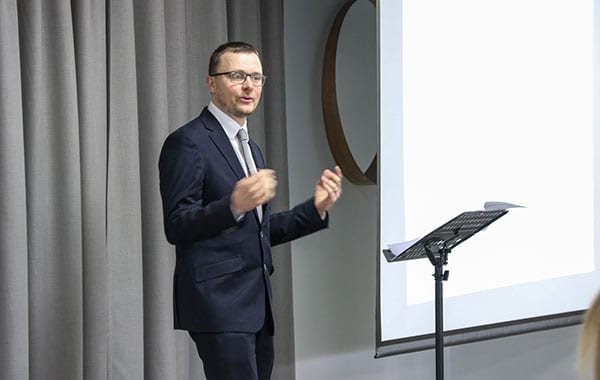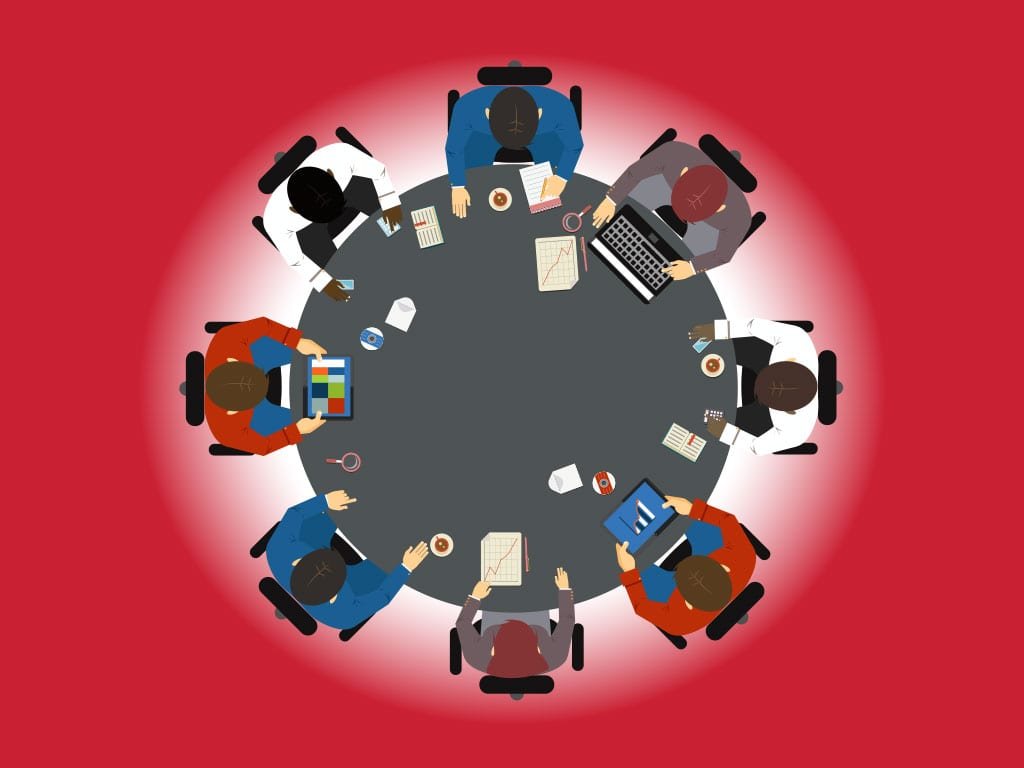
New research published today by the World Health Organisation (WHO) tells us that 74% of 15-year old girls in England feel pressured by school work, a figure amongst the highest in the developed world. Germany, that great and innovative economic powerhouse, can boast a figure of half of that. This data is stark, and it is a problem for each and every one of us involved in education. Indeed, this data would be shocking if it wasn’t part of a trend we’ve observed in England over a number of years now.
The OECD’s ‘That’s Life’ (2016) survey found that pupils in the UK were in the bottom third of all children in the developed world when it came to their life satisfaction – with performance expectations of the schools’ system being a big contributing factor. And the Children’s Society’s annual Good Childhood index has been telling us for years that ‘school’ is amongst the three areas of greatest dissatisfaction in children’s lives (the others being appearance and concern about the future). Be under no doubt, this picture has a direct correlation with our high stakes testing and accountability culture, which some leaders gallantly protect their staff and children from as far as possible, whilst a minority – eager to play the numbers game and be ‘top of the tree’ – allow to pervade their institutions.
Do we actually contribute to education’s value and place in our society when so many children lose a love of learning through high stakes testing?
The WHO data comes at a time when we are all re-evaluating our lives and what we value. We cannot lose sight of the fact that education and learning matters enormously – it is a fundamental human right for each and every child. But, do we actually contribute to education’s value and place in our society when so many children lose a love of learning through high stakes testing? What’s more, we are all very mindful of the decline in mental wellbeing amongst children and teachers, and it is damning that the general culture of our education sector should be exacerbating this issue, rather than mitigating it. I reiterate that many leaders and schools across our system are constantly redressing the balance here, but a system-wide culture change is needed. It may be surprising, therefore, that I believe this change begins at a local level – emerging from boards, CEOs and headteachers themselves.
The Coronavirus brings us to a unique moment in time. The accountability system – league tables and performance tables – are on hold for many. Whilst some will rejoice at this pause, basking in the freedom it provides, and others will be keen for it to re-emerge as soon as possible, what I am advocating is that leaders across the education sector use this time to shape something better, more sophisticated, themselves at a local level: purer accountability. This is an opportunity for leaders to take the initiative in creating a parallel and much more intelligent accountability system – at a local level, that doesn’t see staff or children’s mental health as acceptable collateral but as a priority. There is a window of opportunity here that won’t stay open for long.
Most successful organisations and sectors in our society thrive through ‘pure’ accountability
Most organisations and sectors in our society thrive through ‘pure’ accountability, rather than a distorted accountability created by the ever changing targets and goals set by successive governments. Here’s a secret, most of those people that run the most successful organisations across our economy – who provide jobs and revenue for our public services – do not really care what ministers and mandarins consider to be ‘success’, aside from ensuring they comply with the law and ethical codes, of course! They care what the people they serve think and feel of their experience. They are accountable to those on the frontline first and foremost, the people who use and access their services day in day out. As leaders, creating this purer accountability is empowering for those we serve, and enlightening for those who serve – our staff, because it is more aligned with why they work for us. This pure accountability is something that is valued above all else in most other sectors, but often derided in education as ‘soft’. We need to see much more of it (and a little more respect for it) in the sector if we are to achieve genuine, sustainable improvement that responds to the challenges and opportunities of the modern world. As a sector, we need to do less looking up, and more looking out. That takes brave, courageous and creative leadership.
How can we do that. Well it doesn’t begin with government, it begins with boards – such as trust boards. Some are already doing much of this, and it includes:
- Regular satisfaction and feedback surveys for parents (with a baseline target of what is considered ‘success’). This should be both formative and summative and the targets and subsequent results should be published online, in the public arena;
- Routine surveys of staff, benchmarking results against the highest performing organisations across our society and economy;
- Staff retention rates
- Pupil surveys – including capturing how happy they are, how much they enjoy learning, and what further help and support they need from school
- More sophisticated understanding of destination data – including the number of pupils who go on to be NEETs and those that secure employment, not simply HEI data.
This is accountability that is closer yet less overwhelming. More distributed, yet – in many ways – more informed. More granula, less filtered through frameworks and parameters. It is pure accountability.
Many trusts and schools are doing some of this, but not routinely, publicly or in a way that is sufficiently engrained within their organisational performance indicators. This is the opportunity.
the world is moving faster than the system and faster than the internal capacity of our organisations to keep up.
There will be people out there who define their success by what the system tells them rather than what the world is asking for. Let’s be clear and humble here, the world is moving faster than the system and faster than the internal capacity of our organisations to keep up. It is complex, challenging, exciting, startling, evolutionary and real. There will be people who will always simply define their success by their place in the league tables, the Ofsted ratings of all their schools, or the gongs they have. It’s the easiest and, of course, the most compelling thing to do, and, yes, some of this matters – to a degree (Ofsted, I believe, have done a good job in developing a new and more thoughtful framework in my view). But much of what we see in league tables is arbitrary and lacks sophistication.
Then there are others – the leaders of an exciting and emerging generation I see in the system right now – who will tell you about retention rates of staff, the happiness of children, the hopes and aspirations of their local communities, and yes – the destination data of the children who not only go to universities, but set up successful businesses or become community leaders. This second group of leaders lead organisations that are drenched in the richness of life and community in all its glory, not simply the austerity of the spreadsheet. Children are not simply numbers in a game played by adults, they are individuals with huge potential and power to be whatever they wish to become, including happy and uniquely talented people. This is a defining moment for all of us, and we must ask that profound question: what, now, is our ultimate measure of success?
Further reading:
What next after COVID19?: https://forumstrategy.org/what-next-after-covid19/

